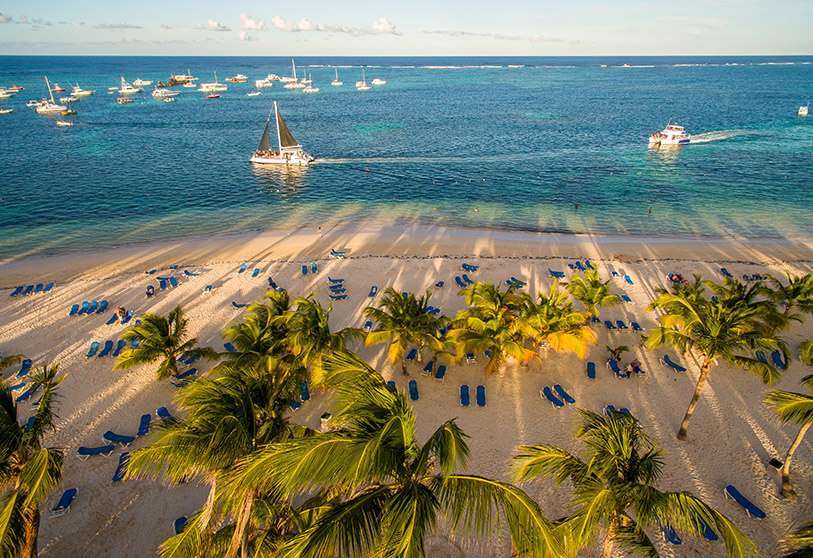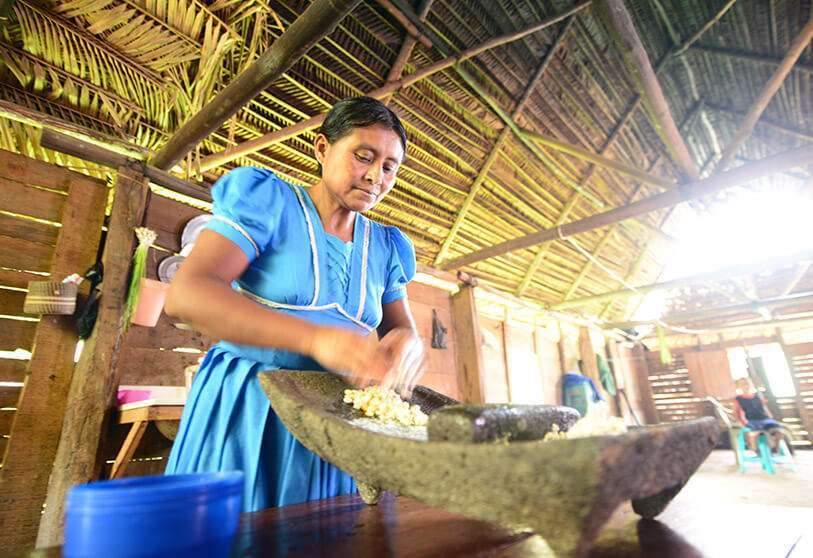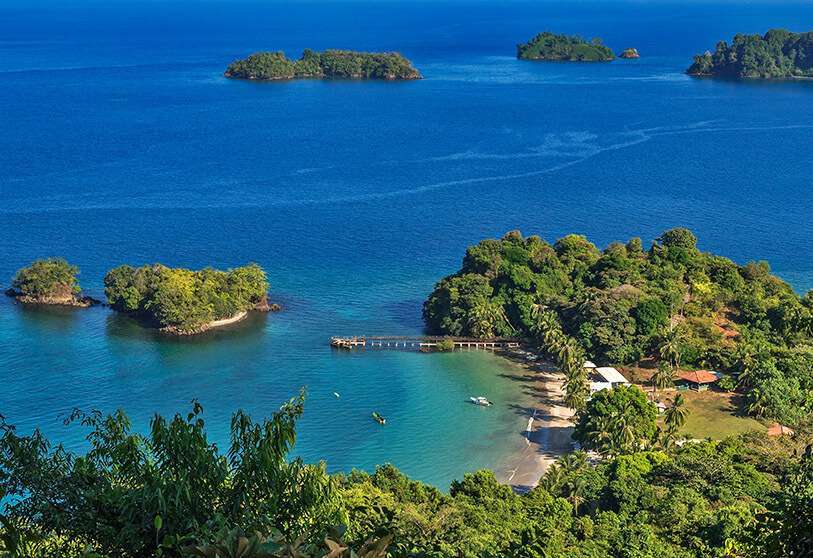The challenges to revive tourism in Latin America

Although the pandemic is still in force and COVID-19 is here to stay, everyone has enough reasons to travel: physical and mental exhaustion due to prolonged closures, vaccine tourism, family reunions, accumulated holidays, summer in the northern hemisphere, school breaks, a quiet and safe destination to continue working remotely, among others.
After more than a year of attention to the health crisis, the various actors in the sector's value chain (transport, accommodation, food, tour operators) have made progress on biosecurity protocols in order to offer a safe and pleasant experience to change their routine. One example is the interactive map with the protocols for entering each country by air, developed by IATA.
One in ten jobs in the world depends on tourism. In 2020 alone, international tourist arrivals fell 73%. In the first quarter of 2021, the world's destinations received 180 million fewer international tourist arrivals compared to the first quarter of last year. In the Americas, the reduction was 71%, according to the UNWTO World Tourism Barometer.

Industry experts' forecasts for this year are not encouraging: 60% believe that the rebound in international tourism will not come until 2022 and almost half expect a return to 2019 international tourism levels until 2024 or later.
"There is significant pent-up demand and we see confidence slowly being restored. Vaccines will be the key to recovery, but if we are to see a rebound in the Northern Hemisphere summer season, we need to improve coordination and communication, while making COVID 19 testing easier and more affordable," said UNWTO Secretary-General Zurab Pololikashvili.
Mexico is the country in Latin America that has been least affected by its proximity to the United States and the more permissive environment in biosafety protocols. It also has the highest expectations for recovery this year.

"Taking a conservative scenario as an example, it is expected that 26 million 800 thousand international tourists will arrive in Mexico in 2021, which would represent two million 500 thousand more visitors than in 2020 and an increase of 10.3% compared to the same year. Foreign exchange income from international visitors is expected to be 12.2 billion dollars, or 1.1 billion more than in 2020 and an increase of 10.2 per cent," said the Mexican government's tourism secretary, Miguel Torruco Marqués.
International tourism revenues in 2020 will fall by more than 900 billion dollars, according to UNWTO figures. A report by CAF - Development Bank of Latin America - presents a three-pronged agenda to keep businesses open, reactivate tourism and improve its competitiveness to adapt to the new needs of travellers.
"At this time it is key to promote measures to support the liquidity of businesses in order to ensure their solvency and survival. This includes special loans, suspension of repayments and interest payments on existing loans, modifications to cancellation policies, among others. We also propose fiscal measures that may include one-off subsidies and/or modifications to general or one-off tax rates," explained Jorge Forteza, professor at the University of San Andrés in Argentina and co-author of the report.

Among the opportunities that Latin America has in this context are the new demands for destinations that are not very crowded: the value of empty places. The region has a very low population density, with significant parts of its territory that can satisfy this niche market. Nature tourism with sites such as the rainforests, the Amazon, the Pantanal, the deserts and highlands and Patagonia offer multiple attractions.
Factors such as physical security, sanitary quality, air and land connectivity, quality of public services and service attitudes on the part of operators will be fundamental to reactivate domestic, intra-regional and developed country tourism. To achieve this, companies need the support of the authorities and the confidence of travellers. We must maintain all self-care measures to not let our guard down, protect ourselves and others, and to travel, because the world is not going to end.
Nicolás Abrew, Senior Communications Executive at CAF.
Visiones del Desarrollo is a section promoted by CAF -development bank of Latin America- that analyses the main development issues in the region. The articles it contains are published simultaneously in the main Latin American media.








